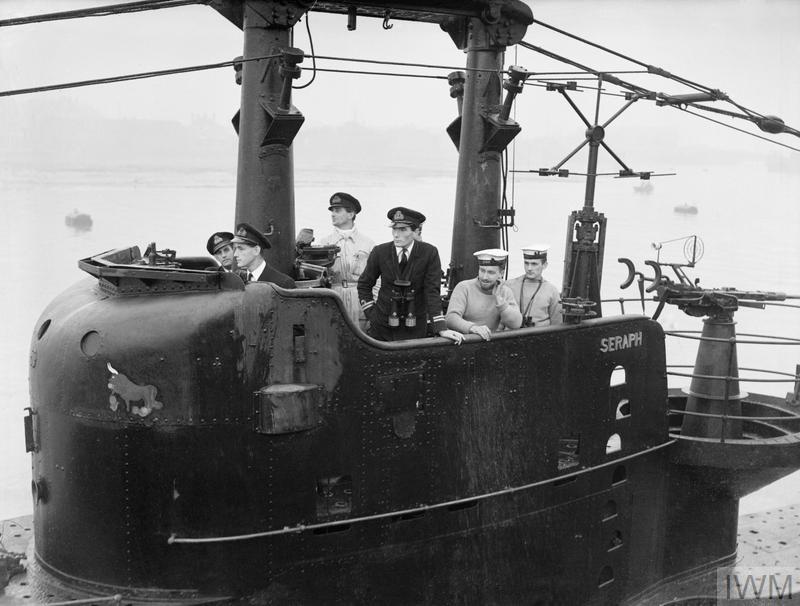Attentive viewers of the wartime thriller Operation Mincemeat, now showing in cinemas, will have had their curiosity stirred when Oundle School was mentioned as the type of public school from which the very best of intelligence officers would graduate.
As the film depicts, in 1943 the British Admiralty devised an elaborate disinformation exercise to deceive the Germans about allied plans to invade Italy. At the centre of the scheme was a corpse that needed a new identity and a backstory suitable for a Major who would be entrusted with top secret documents about allied military plans.
What the film does not explain is that the commander of the submarine HMS Seraph, Captain Bill Jewell, was the real Old Oundelian. Lieutenant Norman Limbury Auchinleck “Bill” Jewell (New House 1931) had already seen fierce action in the Mediterranean and Atlantic when he was tasked with the set of operational orders to carry out the mission. In his book Operation Mincemeat, Ben Macintyre said that after four years at war, at the age of thirty, “Jewell had seen so much secrecy, strangeness and violence that the request to deposit a dead body in the sea off Spain did not remotely faze him. ‘In wartime, any plan that saved lives was worth trying,’ he reflected.”
Although the film treatment does not cover the implementation of the plan aboard the submarine by Bill Jewell, the book describes the tense mission in gripping detail. Described as “tough as teak, ruthless, occasionally reckless, and entirely fearless”, Jewell was among the very best of officers when, after the successful delivery of “the parcel”, he messaged the Admiralty in London: “Mincemeat Completed”.

“HMS Seraph arriving home at Portsmouth after operations in the Mediterranean, 24 December 1943.” Lieutenant N L A Jewell is second left on the bridge. Imperial War Museum
Photos used under permitted terms of IWM Non-commercial Licence.




